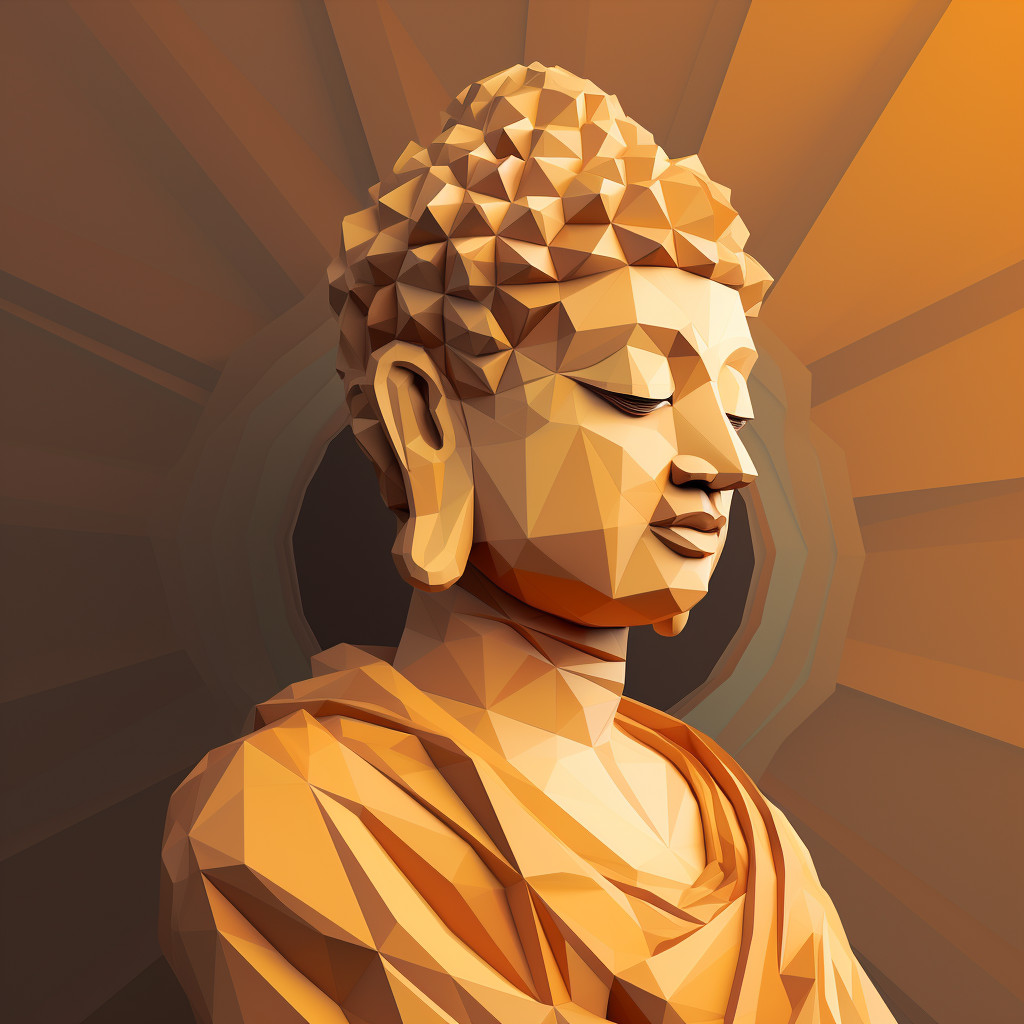This profound quote encapsulates three significant aspects of life: health, contentment, and faithfulness.
The first part, “Health is the greatest gift,” emphasizes the importance of physical and mental wellbeing above all else. Without health, all the riches and luxuries of the world lose their meaning. It is the fundamental basis of all activities, achievements, and happiness in life. In the context of today’s world, this could be a reminder for us to prioritize our health over work, stress, and materialistic pursuits. It could also mean investing time in self-care, physical exercise, and mental health practices.
The second part, “Contentment is the greatest wealth,” implies that true wealth is not about having a large amount of money or possessions, but rather, finding satisfaction in what we already have. It’s about appreciating and being grateful for our current state of life, rather than constantly chasing after more. This can be applied in personal development by practicing mindfulness and gratitude, and by learning to find happiness in the present moment rather than always looking to the future.
The final part, “Faithfulness is the best relationship,” underlines the significance of trust and loyalty in relationships. It suggests that the quality of our relationships is determined not by their number, but by the depth of our commitment to them. In today’s world, where relationships often take a backseat to career or other pursuits, this could be a reminder to invest time and effort in building strong, lasting relationships based on mutual respect and trust.
In conclusion, this quote is a guiding principle to a more fulfilling life. It encourages us to prioritize our health, find contentment in what we have, and cultivate deep, faithful relationships. These are timeless values that are just as relevant in today’s fast-paced, materialistic world as they were when first spoken.







